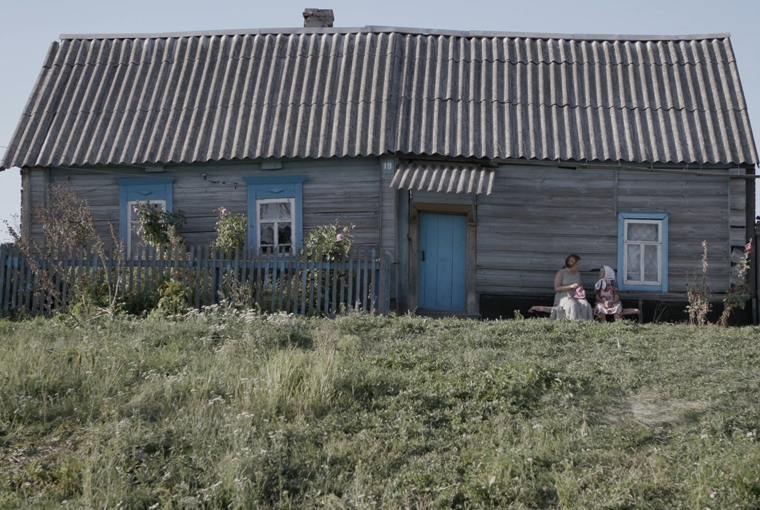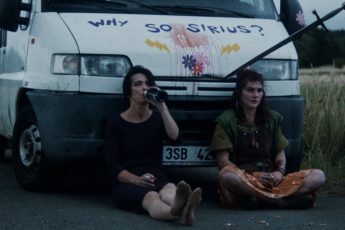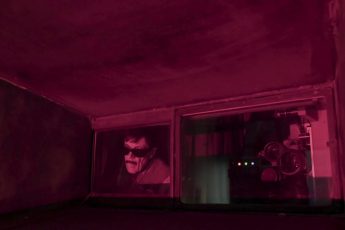
In the Czech Republic, Poland and Slovakia, the recent crimes and misdemeanors of governing politicians have provoked the burgeoning of a new culture of mass protest. In Slovakia, where the protests were sparked by the murder of an investigate reporter, the demonstrations have forced Prime Minister Robert Fico to step down. In Czech Republic and Poland, the government’s tenure has been disturbed by deep political crises and mounting pressure from rivaling political parties and the EU respectively. In each of the three countries, the atmosphere of political confrontation has long spilled over into people’s personal lives, creating imaginary walls where there once were personal differences.
Meanwhile, as hundreds of thousands take to the streets each month to make themselves heard, the domestic film production in all three countries is still dominated by the irrelevant – postcards from a glorious past and depictions of domestic drama. (Though the plight of the poor is occasionally pondered on, it is rarely with context.) In the rare cases that filmmakers do react to our climate of political irreconcilability, it is with trite and misguided calls for dialog and mutual understanding. Unfortunately, the impenetrable machinery of film bureaucracy (which only admits its own crop) and the eternal hubris of liberal elites (which points to the Putins and Trumps instead of confronting endemic problems) ensure that this situation is here to stay. If there is a future for European cinema, it lies in the hands of those few who are powerful enough to resist censorship, and those who can subsist in milieus that lie beyond the dictates of institutional logic.
***
For our summer issue, Zoe Aiano reports from Karlovy Vary with reviews of two Ukrainian films: Yuriy Shylov’s Projectionist about a cinema and its core employee, and Antonio Lukich’s construction of an unlikely road-trip in My Thoughts Are Silent. Laila Pakalniņa’s Spoon trumps both these films in substance even though her approach is light and experimental. Interviews with Pakalniņa and Shylov can be accessed via our Interviews section.
Our summer issue also features our live coverage from the Transilvania International Film Festival, where Colette de Castro saw a number of films that deal with current topics: Jacek Borcuch’s Dolce Fine Giornata, an eclectic reflection on the state of our society that must be credited with at least trying to respond to worries of the above sort; Radu Dragomir’s #MeToo-themed Mo; and Robert Budina’s elegy on the disappearance of religious harmony in Albania. De Castro also reviewed a recent documentary on Queen Marie of Romania, and interviewed Budina on his film. Meanwhile, Moritz Pfeifer completes our coverage from the Cannes Film Festival with a piece on Larisa Sadilova’s Once in Trubchevsk, an unadorned story of adultery. We are also finalizing our coverage from the goEast film festival in Wiesbaden with a review of Karel Šindelář’s Why So Sirius? and an accompanying interview by Alice Henaghan.
We hope you enjoy our reads.
Konstanty Kuzma & Moritz Pfeifer
Editors




Leave a Comment